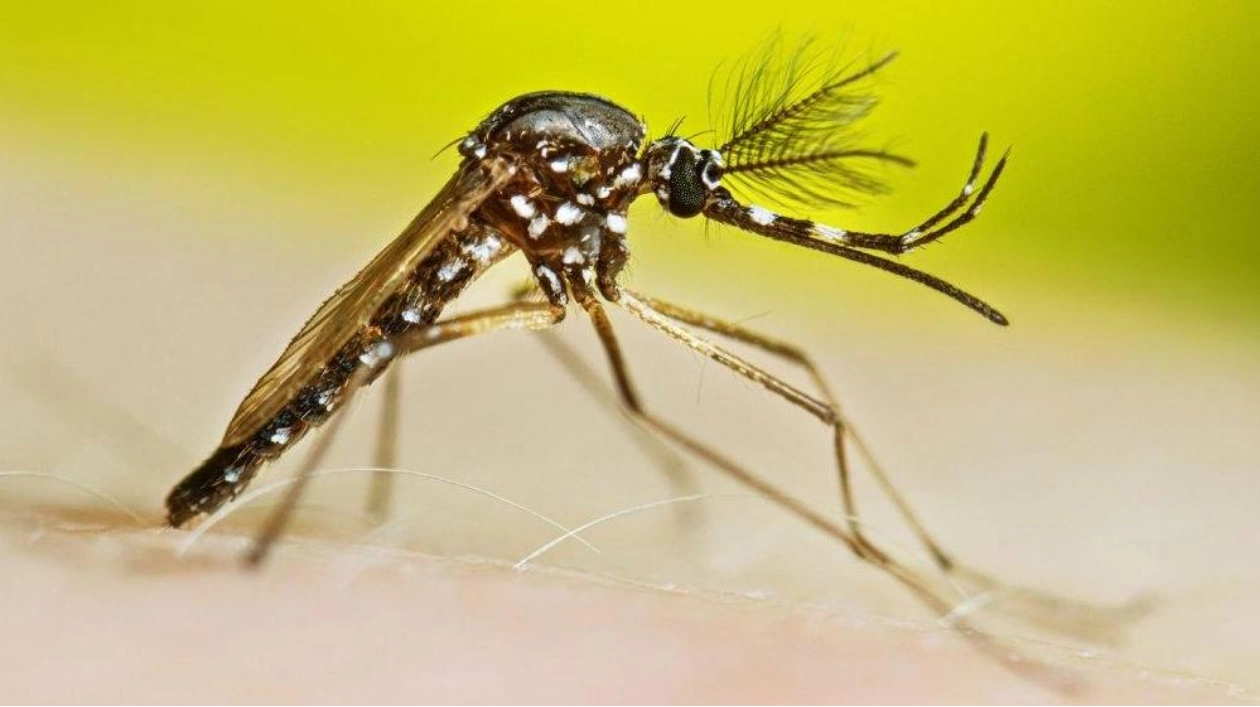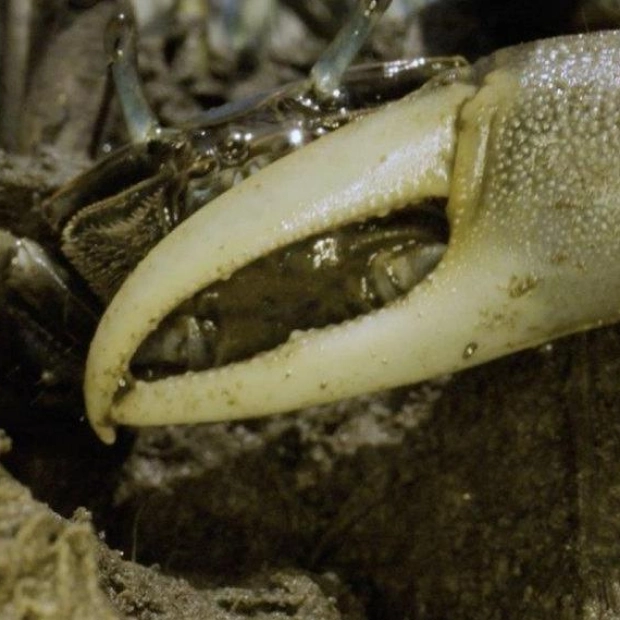New research indicates that male mosquitoes may be nearly as bloodthirsty as females under specific conditions, challenging the common belief that only female mosquitoes bite, drink blood, and spread diseases while males consume nectar. This discovery suggests that males are not entirely harmless and could potentially play a minor role in disease transmission.
Male Culex tarsalis and Aedes aegypti mosquitoes, typically disinterested in blood, will consume blood meals when humidity is low and sugar sources are unavailable, according to a preprint submitted to bioRxiv.org on October 8. A graduate student in entomologist Jason Rasgon's lab at Penn State University observed that some male mosquitoes would occasionally feed on blood through a thin artificial membrane when humidity was reduced and their usual nectar meals were removed.
Rasgon wanted to determine if dehydrated males would attempt to obtain blood from a human, so he placed his hand in cages containing male mosquitoes. While hydrated males largely ignored him, dehydrated males landed and probed his skin, with one even biting him. "It barely penetrated the first layer of the skin," Rasgon recalls. "I was shocked and did not expect that to happen."
Male mosquitoes' long, tubular mouthparts are not capable of piercing deeply enough to draw blood. However, a scratch from Rasgon's cat, Jiji, provided an opportunity to test whether males could obtain blood another way. Indeed, dehydrated male mosquitoes drank blood from the open wound. In another experiment, A. aegypti males genetically engineered to be unable to sense humidity did not take blood meals more frequently when humidity was low, suggesting that males may seek blood to quench their thirst.
Previous research indicated that blood is toxic to male Culex quinquefasciatus mosquitoes, and it was believed that all male mosquitoes lacked the ability to digest blood. However, in Rasgon's experiment, blood-fed male C. tarsalis mosquitoes lived as long as those that did not consume blood, and even slightly longer. In nature, A. aegypti is the primary carrier of yellow fever but can also spread Zika, chikungunya, and dengue, while female C. tarsalis can spread West Nile, St. Louis encephalitis, and related diseases.
Male C. tarsalis mosquitoes can be infected with West Nile virus and produce infectious virus in their saliva, similar to females. Rasgon doubts that males are significant disease spreaders, but scientists should reconsider the notion that male mosquitoes do not feed on blood and investigate whether, in rare cases, males might be able to transmit viruses.
Source link: https://www.sciencenews.org






